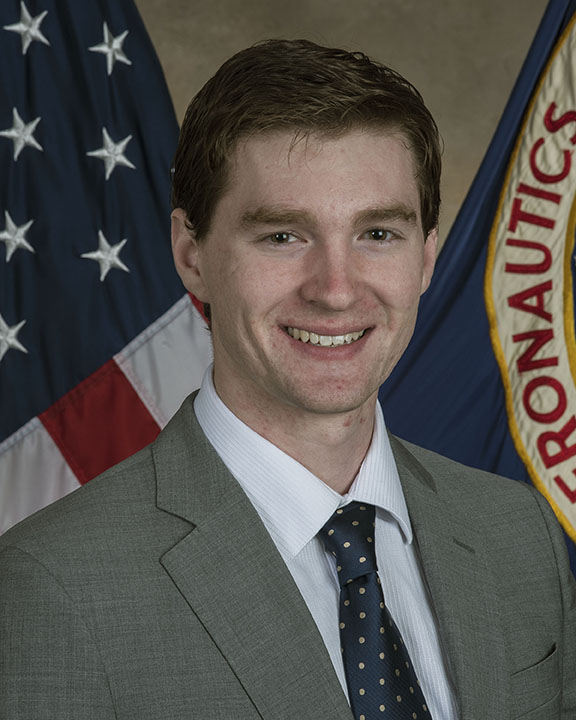
From Mizzou to Mars: Engineering Alumnus Works on Mars Ascent Vehicle
A Mizzou Engineer’s digital fingerprints will be on the Mars Ascent Vehicle when it makes its historic voyage to the Red Planet in 2026. Christopher Whetsel ’19, works at NASA and has been involved in the program both on the software engineering and project management side.
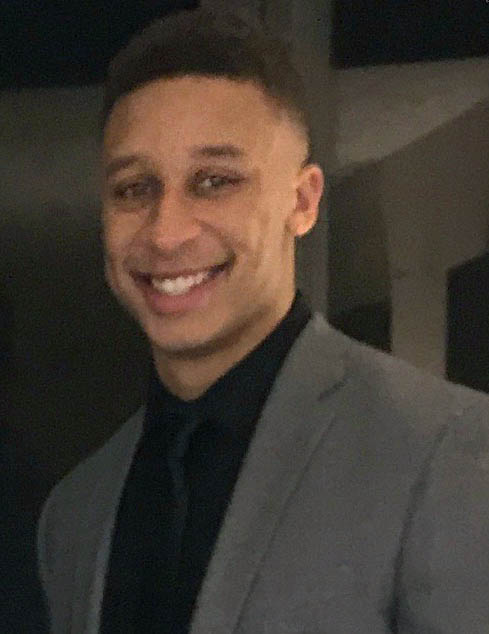
Oruche Receives Stipend from Koerner Family Foundation
A Mizzou Engineering student has received a $10,000 supplemental stipend from the Koerner Family Foundation. And for Roland Oruche, the funding could not have come at a better time.
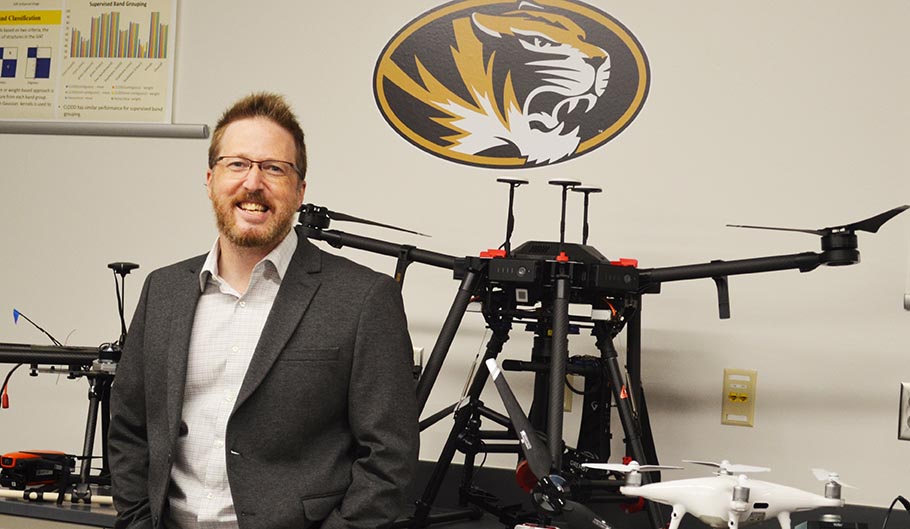
Building Smarter AI
Artificial intelligence is smart, but it’s also too trusting. Currently, AI blindly trusts sensor data and decisions derived from that data. Now, Derek Anderson, an associate professor of electrical engineering and computer science, is trying to figure out how to build AI that can more intelligently react to dynamic unknown environments.

Computer Science Student Credits Class for Internship
A computer science student credits an advanced course for helping him snag an internship in software engineering. That’s because the interview process included a technical section covering topics he learned in Computer Science/Information Technology 3330.
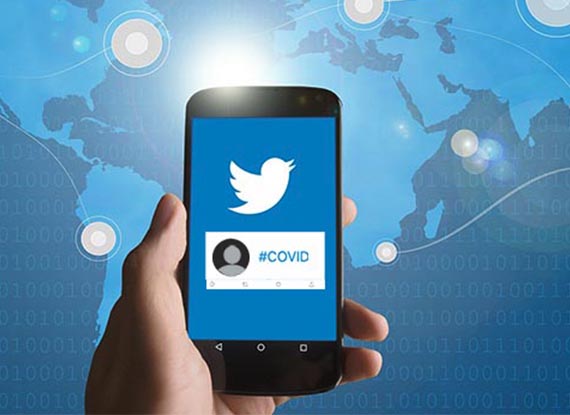
Mizzou Engineers Using Twitter to Track COVID-19
Mizzou Engineers are taking to Twitter to track COVID-19 and analyze the virus's impact on individual health. Yijie Ren, Jiacheng Xie and Lei Jiang are using Twitter’s built-in programming interface to search tweets for key phrases such as “I tested positive.” From there, they’re delving deeper into the Twitter user’s account to log symptoms and recovery experiences.
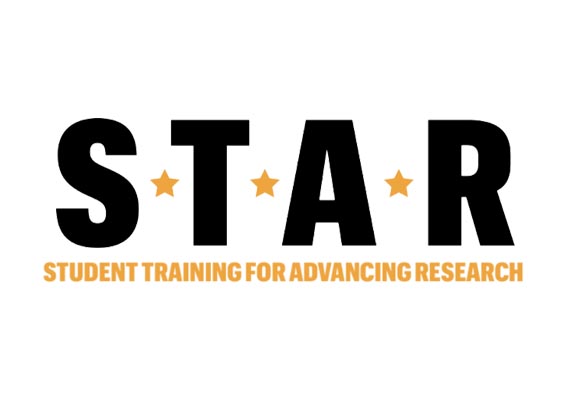
Engineering Students Earn S.T.A.R. Certificate
Six Mizzou Engineers were recognized by the university for being star students.
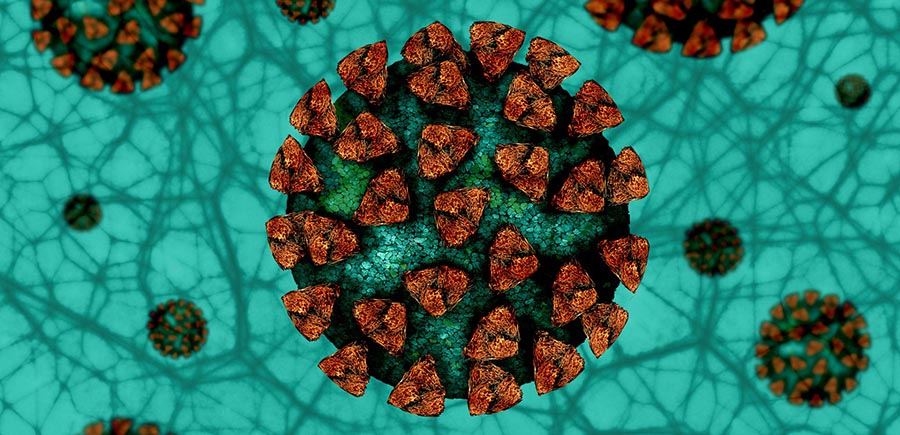
Professor Helping Develop Better Way to Diagnose COVID-19
A Mizzou Engineer has teamed up with a company to help develop a better way to diagnose COVID-19. Dong Xu, Shumaker Professor of Electrical Engineering and Computer Science, is working with a company applying nanopore sequencers to test DNA samples for the virus. Xu will then help develop a system to analyze the DNA data.
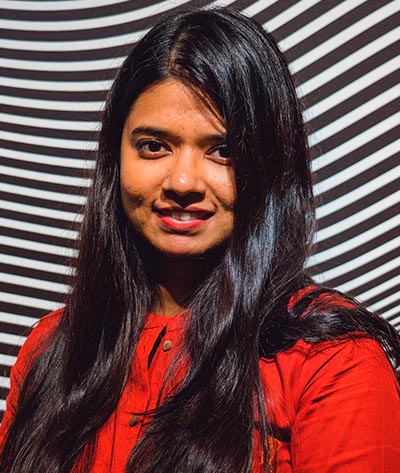
EECS Student Takes First-Place Award for Sleep Apnea Research
Omiya Hassan took top honors at the 37th Annual Research & Creative Activities Forum for helping develop a smarter way to diagnose sleep apnea.
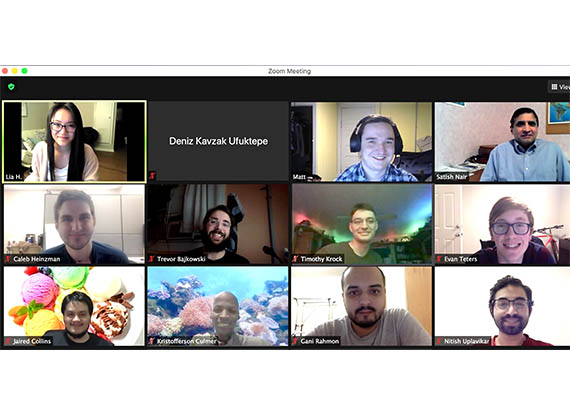
Professor Shares Insights into Neural Engineering
A highly renowned researcher took a few minutes out of his busy schedule this week to address graduate students in the Electrical Engineering and Computer Science Department. Satish S Nair is an EECS professor, director of the Neural Engineering Lab and one of the first researchers to begin using engineering principles to better understand the…
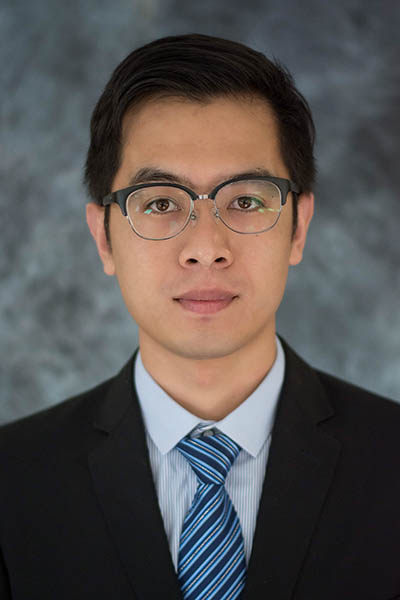
Mizzou Engineering Student Takes First Place in IEEE Computational Challenge
Wenlong “Waylon” Wu won top prize in the Technical Challenge on Energy Prediction with Smart Data sponsored by the Institute of Electrical and Electronics Engineers (IEEE) Computational Intelligence Society. He was the only student to be in the finals of the competition, held during the IEEE Computational Intelligence Society’s 2020 Symposium Series on Computational Intelligence earlier this week.